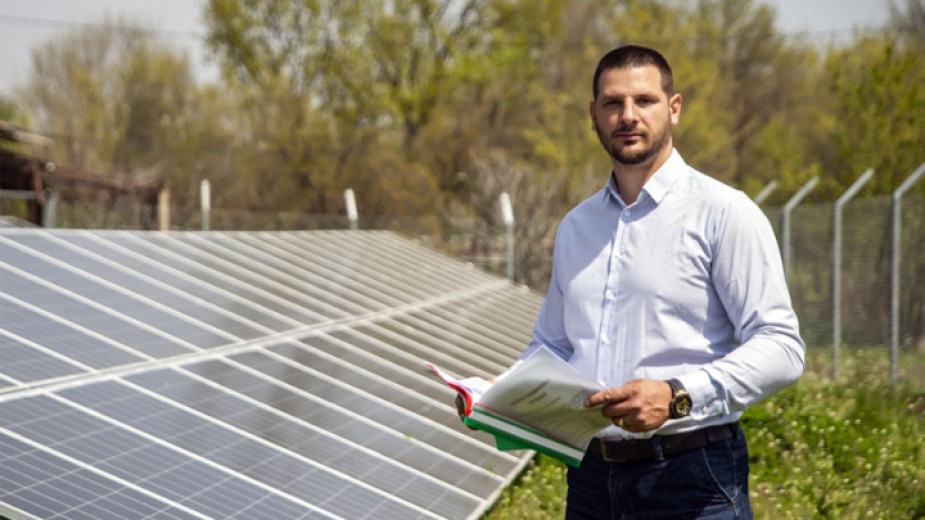The new higher prices of electricity that came into force at the beginning of this month have caused dissatisfaction among businesses. The simplest explanation behind the need for yet another rise is higher carbon prices, which are currently around and above 55 euros per ton.That is how electricity prices for the regulated market rose by an average of 4.4% and prices of heating rose by an average of 16.23%. The new prices and the 20% reduction in the purchase price of electricity from renewable energy sources has made a number of small and medium enterprises involved in building small photovoltaic power plants, united in the Bulgarian Solar Association, appeal against the decision taken by the Energy and Water Regulatory Commission. In an interview with BNR, its chairman, engineer VeselinTodorov, commented that preferential purchase prices of electricity from renewable sources was the only form of state aid that the sector received.

"At the backdrop of the great jump in the price of raw materials worldwide (iron, copper, glass, silicon, which are needed for the production of solar panels), a 20% reduction in the purchase price stops future investors who want to build small plants up to 30 kilowatts."
Reducing carbon emissions, breathing cleaner air, energy independence and predictability of the amount of energy produced and consumed are just some of the benefits of using renewable energy sources. However, this does not mean that these types of energy sources are easily accessible to those who want to use them:
"In Bulgaria, we still have purely administrative barriers that hamper people’s motivation for serious interest in green energy," Todorov says, comparing the requirements for photovoltaics in Germany to those in Bulgaria. "In Germany, each house or other building must have a certain percentage of photovoltaics on the roof to compensate for the electricity losses of the building. In Bulgaria, in order to place a solar panel on your roof, you must obtain permissionand pay excise duty tax for the energy produced.Obstacles are also caused by old laws, which have not been reformed. We need to allow the individual citizen to determine their own energy independence," Mr.Todorov adds.
Compiled by: Yoan Kolev
English: Alexander Markov
Photos: private library
After the election for parliament on 27 October, the caretaker government has to submit a draft of a budget for 2025 to parliament by the end of the month. Some economic analysts say the budget of the country for 2024 is the worst in the past decade. Holes..
Bulgaria's economy will grow by 2.3 per cent this year. This is according to the latest World Economic Outlook prepared by the International Monetary Fund and presented today in Washington. This is down from the Fund's April estimate, which predicted that..
In 2023, the government budget deficit was 2% of GDP or €1.9 billion. This is indicated by the final data of the National Statistical Institute. This is a significant narrowing of the budget deficit compared to the previous 3 years...
The final price at which Bulgargaz will sell natural gas in December to end suppliers and to persons with a license for the production and transmission..
Urgent reform of Bulgaria's planning districts is needed, local authorities insist.The current regionalization shows increasing economic imbalances in..

+359 2 9336 661
